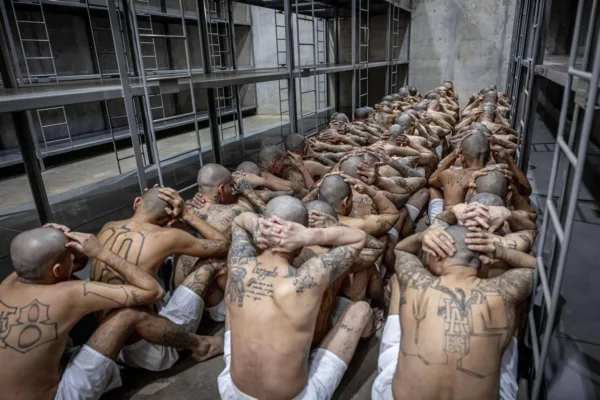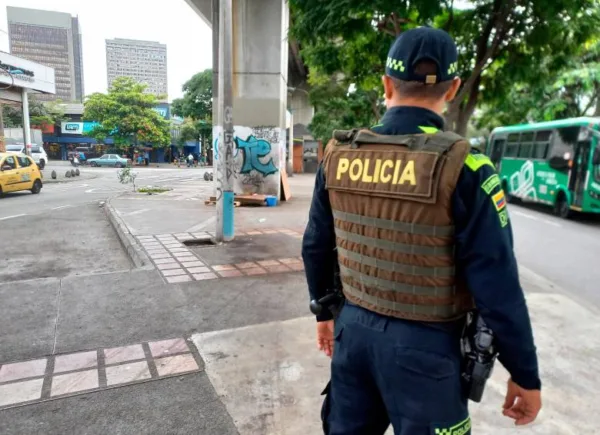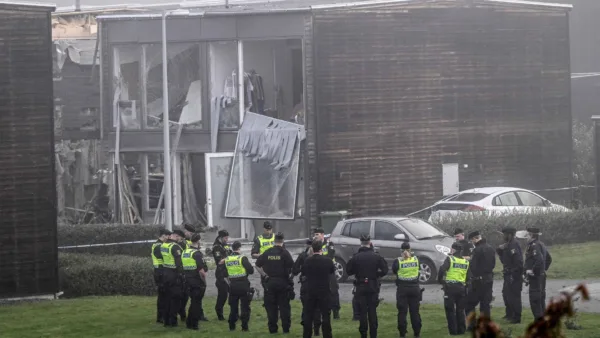“We are no longer the world’s death capital, and we achieved it in record time.” declared Nayib Bukele during the 78th UN General Assembly. After the country experienced a spike in gang violence in March 2022, Bukele has since arrested more than 78,175 people under a state of emergency according to Gustavo Villatoro, El Salvador’s justice and public safety minister, which granted suspension of some fundamental rights. The considerable decrease in crime is expected when tiny El Salvador’s incarceration rate is triple that of the United States. El Salvador has failed to eradicate gang violence for the last 20 years. This is because the solution does not lie in the further militarisation of the state but in prioritizing lasting solutions such as community-based rehabilitation.
Before Nayib Bukele’s rise to power, El Salvador was a two-party system dominated by two ideologically opposing parties: FMLN, a left-wing party, and the right-wing ARENA backed by the country’s business elites. Both parties are descendants of the rival factions of the Civil War (1980 – 1992). Gang violence by MS-13 and the 18th Street gang originates from the war’s legacy, which has deeply divided the nation and continues to manifest as an economic divide 23 years after the war’s end. Due to the rebel governance of multiple territories by FMLN, autonomous institutions supplemented the state’s formal institutions. They provided health services and education, promoting self-reliance and simultaneous distrust of outsiders in these regions.
Despite the investment, the previously occupied regions persist with economic disparities, yet remain the most secure areas in El Salvador. The former FMLN Military Commander Joaquín Villalobos explains, “The fact that the maras [gangs] are barely present in these areas reflects that the self-organization of the people worked.” One of the most influential gangs, MS-13, originated in 1980s Los Angeles, formed by Salvadoran refugees who fled their home country’s cruel civil war. In the late ‘90s, thousands were deported to El Salvador. The influx of convicts added to the nation’s struggles: poverty, conflict, and political instability. The gang members could not integrate into society and were marginalized due to the lack of education and employment opportunities. Today’s perpetual cycle of violence stems from the interplay between historical conflict, rebel governance, and flawed democratic development.

Despite substantial party differences, both implemented similar anti-gang strategies. ARENA prioritized speedy trials, more arrests, and mass incarceration from 1999-2009. The FMLN embraced punitive measures, including military involvement in public security. Initially hailed as a champion of democracy, Bukele now employs arbitrary state power, offering short-term gang solutions through coercion and mass incarceration. He declared a 30-day state of emergency, extended it twice, suspended constitutional rights, and deployed soldiers for nationwide raids, earning reports of severe human rights abuses like detention based on appearance.
Bukele’s approach mirrors previous parties, resulting in prison overcrowding and a recurring cycle of street gang violence, a pattern seen over the last 20 years. These tactics have proved ineffective over time, leading to a rise in gang membership, disappearances, and extortions. Mass imprisonment allows gang members to consolidate gang power within the prison. Furthermore, Bukele is suspected of attempting to make a truce by offering privileges to imprisoned gang members in exchange for the gangs’ commitment to lower homicide rates. This event explains the sudden spike in homicide between March 25 and 27 (2022), provided it was due to the failure of an alleged secret agreement between the authorities and the MS-13 gang. The punitive measures undertaken by the government worked against them by further weakening fragile democratic institutions to the point where no institution was left to check on executive power. Therefore, El Salvador traded the rule of law for security.
The El Salvadoran government must understand that it is impossible to prosecute 500,000 suspected gang members. Nevertheless, they continue to use all sources available to deny any possible reconciliation with the gangs. The government can implement solutions to reduce gang violence and guarantee fundamental rights to its people. There are precedents of countries succeeding in doing exactly that, such as Colombia with Medellín, the murder capital of the world, in the 1990s. Colombia invested in public parks, libraries, and schools through private-public partnerships to battle this issue. Medellín has the best homicide reduction indicators in 2023, with a decreasing crime rate since 2019. The difference between now and then is that most residents have free access to education, health care, transportation, and most cultural events. Investment in developing social and cultural services in gang-dominated areas has a positive impact and allows people to lead a dignified life.

Another great example is Los Angeles. Authorities implemented the Gang Reduction and Youth Development program, which focused on replacing gang suppression strategies with community engagement and intervention services in affected areas in 2011. The plan was successful, achieving a nearly 18% violent crime reduction. Therefore, adapting El Salvadoran current strategies to focus on prevention rather than punitive measures after the crimes have already happened is the only way for El Salvador to break the cycle. Preventive measures such as promoting rehabilitation and justice institutions are the first fundamental steps towards secure streets. Finally, all mentioned strategies would only fortify and support the human rights of the citizens.
“Today, we are a model of security, and no one can doubt it,” claims Bukele. Nevertheless, El Salvador is under threat of becoming an authoritarian state with the authorities’ forces replacing the street gang violence due to its stark policies. As seen above, it is possible to achieve security while remaining a democratic state. Street gang violence is a global problem: In Haiti, the ICRC estimates that 2.5 million people live under the control of armed groups, and Sweden has faced unprecedented waves of violence because of gang wars. Only with a profound understanding of each country’s history can policymakers create effective proposals to tackle violence, respect human rights, and safeguard democracy.

Featured image by: Perfil







